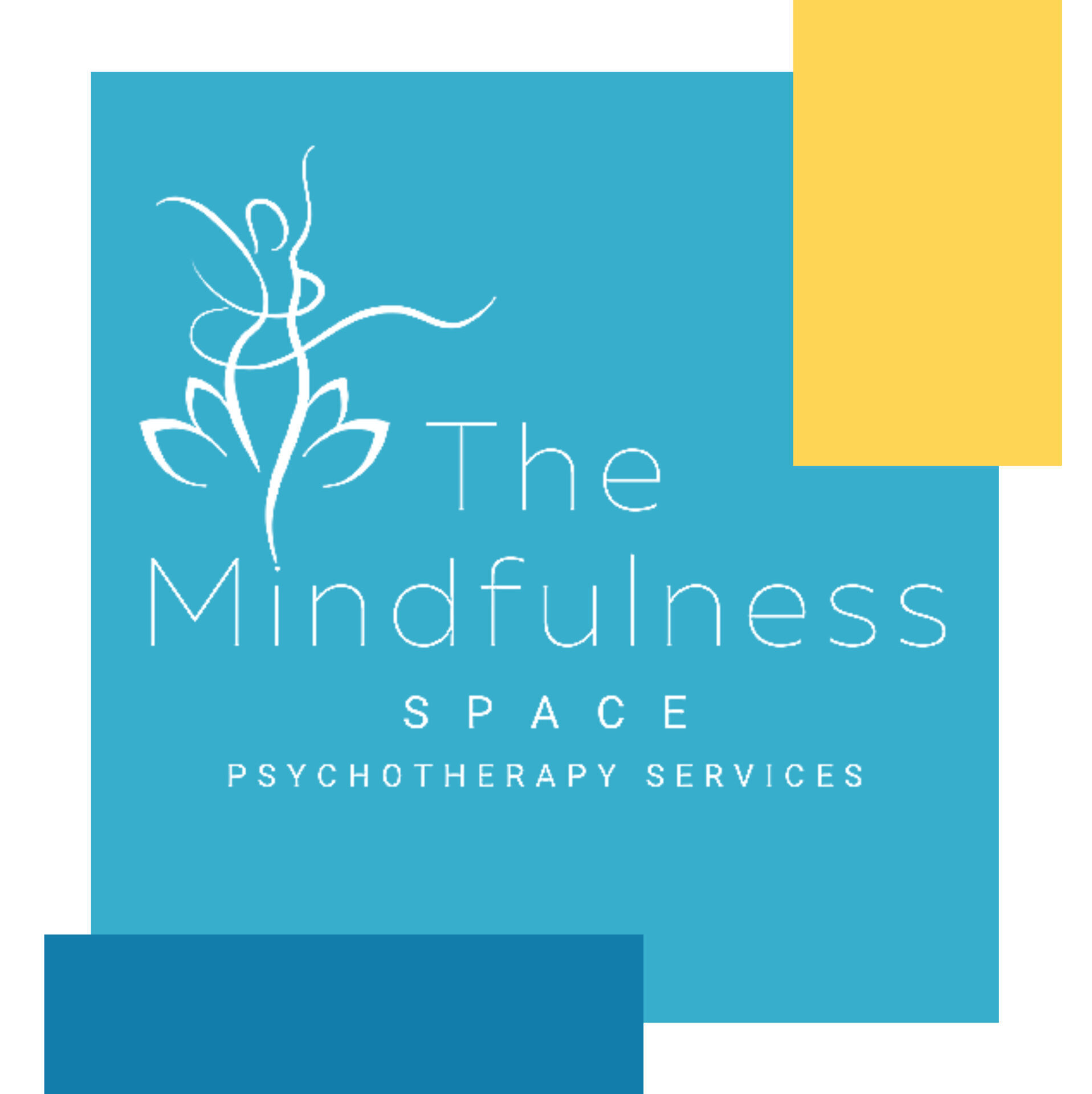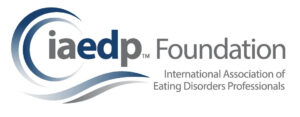How the Scale can Worsen Eating Disorders and Damage Body Image
How the Scale can Worsen Eating Disorders and Damage Body Image

June 27, 2023
Stefanie M. Lawson, MSW LCSW
The Mindfulness Space Psychotherapy Services, PLLC
Why it may be Helpful to Ditch the Scale!
Did you know that stepping on the scale and focusing on weight loss can have adverse effects on the physical and emotional well-being of individuals grappling with eating disorders and body image dissatisfaction?
Here are 6 reasons why stepping on the scale may not be the best choice if you are working towards eating disorder recovery and body image healing!
1. Obsession with Numbers
Eating disorders often revolve around an unhealthy fixation on numbers like weight, calorie counts, and body measurements. This unhealthy obsession and constant focus on the numbers intensifies negative thoughts and emotions related to body image and self-worth and takes a toll on our mental health.
Every fluctuation on the scale or deviation from an ideal number becomes a source of distress, triggering feelings of shame, guilt, and self-criticism. Our minds become trapped in a vicious cycle of self-judgment and comparison, as we strive to attain an unrealistic and often unattainable “ideal” weight or body shape.
By avoiding the scale, we can break free from this destructive cycle and prioritize our overall well-being.
Without the constant reinforcement of numbers, we can begin to cultivate a sense of self-worth that is not tied to our appearance or a specific weight. We can start to recognize and appreciate our bodies for our strength, resilience, and the amazing things they can do, rather than being defined by just a number on a scale!

2. Emotional Distress
As previously mentioned, for individuals battling eating disorders, the number on the scale can trigger a whirlwind of intense emotions. Feelings of anxiety, guilt, shame, anger, depression and disappointment frequently surge when weight fluctuates.
These emotional distress signals may lead to extreme behaviors such as rigid restriction or purging. Feelings in increased sadness or distress can often lead to binge eating.
It’s crucial to safeguard our emotional well-being by seeking more balanced and holistic ways to measure progress and refraining from relying solely on the scale.
3. Unreliable Measure of Health
I often remind people that weight alone does not paint a comprehensive picture of our overall health. It fails to consider critical factors related to size and shape diversity like body composition, muscle mass, fat placement, hydration levels, fluid retention and our overall well-being that impacted by other internal and external factors.
Placing sole emphasis on weight can create a skewed perception of our health, potentially impeding progress towards recovery. By shifting our focus away from the scale, we can embrace a holistic approach that encompasses our physical, mental, and emotional wellness!
@themindfulnessspace 👉🏽 Guys, it’s time to leave Pound Town (lb) for good!!! If you’re living with a food disorder, this is why it’s best not to focus on the scale! ✍🏽When living with a food disorder or body image dissatisfaction, weighing yourself on a scale can often be detrimental to your physical and emotional well-being. 1. Obsession with numbers: food disorders are often associated with an unhealthy fixation on numbers, such as weight, calories, or body measurements. Weighing oneself can exacerbate this obsession and reinforce negative thoughts and behaviors related to body image and self-worth. 2. Emotional distress: For individuals with eating disorders, the number on the scale can trigger intense emotions, including anxiety, guilt, shame, or disappointment. Fluctuations in weight can be particularly distressing and may lead to extreme behaviors like restriction or purging. 💛💛 👉🏽WANT TO READ THE REST❓❓❓❓❓ 💻 🤩Sign up for the email list so you won’t miss the latest blog post!!! 💛Was this post helpful for you? Follow for more! 💛Need support with disordered eating or body image concerns? Check out: www.themindfulnessspace.com ##fooddisorder##bodyimagestruggles##emotionaleatingexpert##fypシ##fyp##therapistsontiktok##bodyimagehealing##therapyinnorthcarolina ♬ original sound - TheMindfulnessSpaceTherapy

4. Validation of Disordered Behaviors
Stepping on the scale often serves as a way to validate disordered eating behaviors, especially within the context of restrictive eating patterns. If we perceive the number on the scale as “too high,” we might be tempted to engage in further restrictive practices.
This detrimental cycle perpetuates the negative effects of our eating disorder. Liberating ourselves from the scale enables us to redirect our focus towards adopting healthier habits and embarking on a more sustainable journey towards recovery.
5. Distorted Body Image
Distorted body image is a pervasive characteristic of eating disorders, where individuals develop a skewed perception of their physical appearance. They often view themselves as larger, flawed, or unattractive, regardless of their actual size or shape. This distorted perception creates a constant dissatisfaction with their bodies and fuels the cycle of disordered eating behaviors.
Stepping on the scale becomes a triggering event that reinforces these distorted perceptions. The number displayed on the scale can become the ultimate validation of their negative self-perception. If the number is higher than expected, it confirms their belief that they are “too fat” or “not good enough.” This reinforces the harmful thought patterns and behaviors associated with their eating disorder.
By relinquishing our reliance on the scale, we can break free from this damaging cycle. Instead of placing our self-worth and body image solely on the number displayed, we can shift our focus towards developing a more realistic and positive perception of our bodies.

6. Focus on Non-Physical Progress
Recovering from an eating disorder entails more than just physical changes. It necessitates psychological healing, bolstering self-esteem, cultivating healthier relationships with food and exercise, and undergoing a fundamental shift in our mindset.
Redirecting our attention away from the number on the scale allows us to prioritize these critical aspects of recovery and foster long-term well-being.
Stepping on the Scale can have Detrimental Effects
Its t is clear that stepping on the scale can have detrimental effects on individuals struggling with eating disorders. By understanding the negative impact of this practice, we can shift our focus towards a more holistic approach to recovery.
Prioritizing our mental, emotional, and physical well-being is crucial as we seek professional guidance and support on this transformative journey. Remember, healing is possible when we nurture ourselves from within and embrace a comprehensive approach to recovery.

Do you Struggle with an Obsession Over the Scale that’s Impacting your Relationship with Food and How you Feel about your Body?
If you are struggling with disordered eating, feelings of sadness or even hatred, shame or disgust towards your body, it’s important to seek help from a licensed therapist or healthcare provider. Stefanie Lawson is a licensed therapist and owner of The Mindfulness Space therapy in Greensboro North Carolina.
Stefanie maintains specialized education and training in treating the underlying depression, anxiety, stress or unresolved trauma that often leads to eating disorders and issues concerning body image dissatisfaction (i.e. Body Dysmorphic Disorder) in adults and transitional aged teens (older teenagers who are transitioning into adulthood).
Schedule your free 30 minute call with The Mindfulness Space today to learn more about how Stefanie can help you!
Still want to learn more? Read: Impulsive Over Eating: The ADHD/ Binge Eating Connection and Cracking the Code: How Behavior Chain Analysis Can Help You Overcome Binge Eating and HAES Informed Psychotherapy and Intuitive Eating Informed Skills Training in Greensboro North Carolin
Your Next Step...
Take your next step with The Mindfulness Space!
Schedule your free 30 minute consultation today!
Sign up for our Newsletter!
Are you a provider? Join the email list to sign up for our newsletter today! By signing up, you agree to join The Mindfulness Space’s email list and receive periodic communication with us via newsletter. (See website privacy and terms of use here.) Don’t worry, we won’t spam your inbox! Sign up today! Sign up here!


